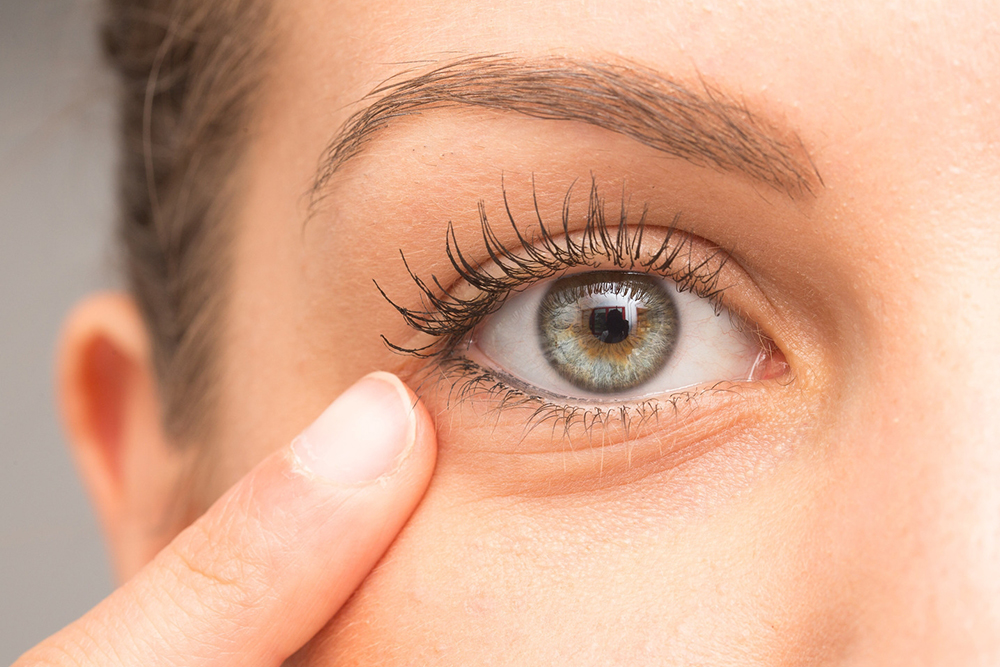Impact of Prescription Eyewear on Migraine Development
Discover how properly fitted prescription glasses can influence the frequency of migraines. This article covers eye health, migraine symptoms, and tips to prevent eye strain-related headaches. Regular eye check-ups are vital for maintaining good vision and reducing migraine risk.

Understanding How Glasses Affect Migraine Occurrences
Migraines are complex neurological episodes characterized by severe, often unilateral throbbing pain. Many individuals with visual impairments wonder if wearing outdated or incorrect glasses could trigger migraines. This article examines the link between eyewear and migraines, highlighting the importance of eye health in migraine prevention.
Visual Migraine Symptoms
Visual migraines, or aura events, can temporarily impair sight, causing flashing lights, zigzag lines, or blind spots. These symptoms are associated with ocular migraines, which include migraine with aura and retinal migraine. The former presents visual disturbances like flickering or pattern disruptions, while the latter involves vision loss or flashes in one eye. Factors such as genetics, hormonal changes, weather, and environmental smells can influence migraines related to vision.
Does Poor Vision Contribute to Migraines?
While refractive errors such as myopia, hyperopia, or astigmatism do not directly cause migraines, failing to wear the correct glasses can lead to eye strain. Straining your eyes by squinting or focusing without appropriate correction increases tension in forehead and eye muscles, potentially resulting in headaches. Regular eye exams, updating prescriptions, and avoiding activities that strain the eyes—like reading in poor lighting or prolonged screen use—can help lessen migraine episodes. Maintaining eye health through routine check-ups is essential in reducing headache frequency and preventing complications.
Additional conditions like angle-closure glaucoma and age-related macular degeneration can also cause visual and head discomfort. Prioritizing eye health through regular exams helps prevent serious issues and enhances overall well-being.
Disclaimer:
The content provided is for informational purposes only and should not replace professional medical advice. Always seek guidance from licensed healthcare practitioners for diagnosis and treatment. Be cautious when interpreting health information online and consult experts when necessary.


